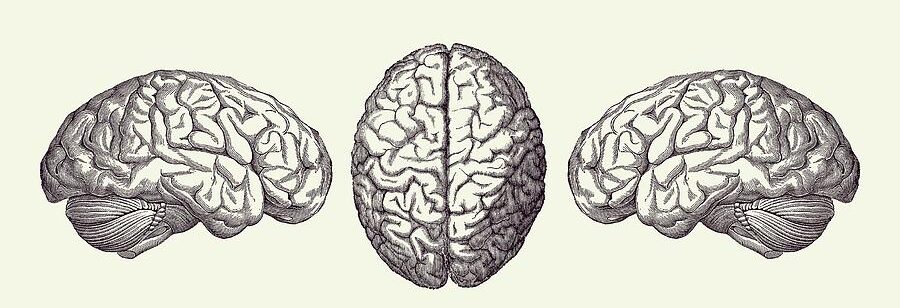The standard test involves the recall period starting immediately after the final list item, referred to as immediate free recall (IFR), to distinguish it from delayed free recall (DFR), where there is a short distraction period between the final list item and the start of the recall period.
Methodology and Performance Measures
Performance in the free recall task is often measured by the number of words recalled from a list, which varies with factors such as the list length, the type of material studied, and any task used to process the words.
When examining the probability of recall by the position of the item in the list (its serial position), it is found that the initial and terminal items in the list are better remembered than those in the middle, known as the primacy and recency items, respectively.
Serial Recall Paradigm
In contrast to free recall, another type of study is known as the serial recall paradigm, where participants are asked to recall the presented items in their correct order rather than the order that comes to mind at the time of testing.
Experiments have shown that in comparison to free recall, the serial recall learning curve increases linearly with the number of trials.
Understanding of Neurological Processes
Free recall studies have given yield to new understanding of neurological processes. Some brain regions that are most commonly utilized in free recall include the hippocampus, fusiform gyrus, and inferior prefrontal cortex. In fact, greater activity in these brain regions while studying a list is linked to better subsequent recall.
Thought-Provoking Questions
- What factors influence the effectiveness of free recall? The effectiveness of free recall is influenced by several factors, including the length of the list, the type of material studied, and the task used to process the words.
- How does the serial recall paradigm differ from free recall? In the serial recall paradigm, participants are asked to recall the presented items in their correct order, unlike free recall where participants can recall the items in any order that comes to mind at the time of testing.
- What role do neurological processes play in free recall? Certain brain regions, including the hippocampus, fusiform gyrus, and inferior prefrontal cortex, are commonly utilized in free recall. Greater activity in these regions while studying a list is linked to better subsequent recall.

